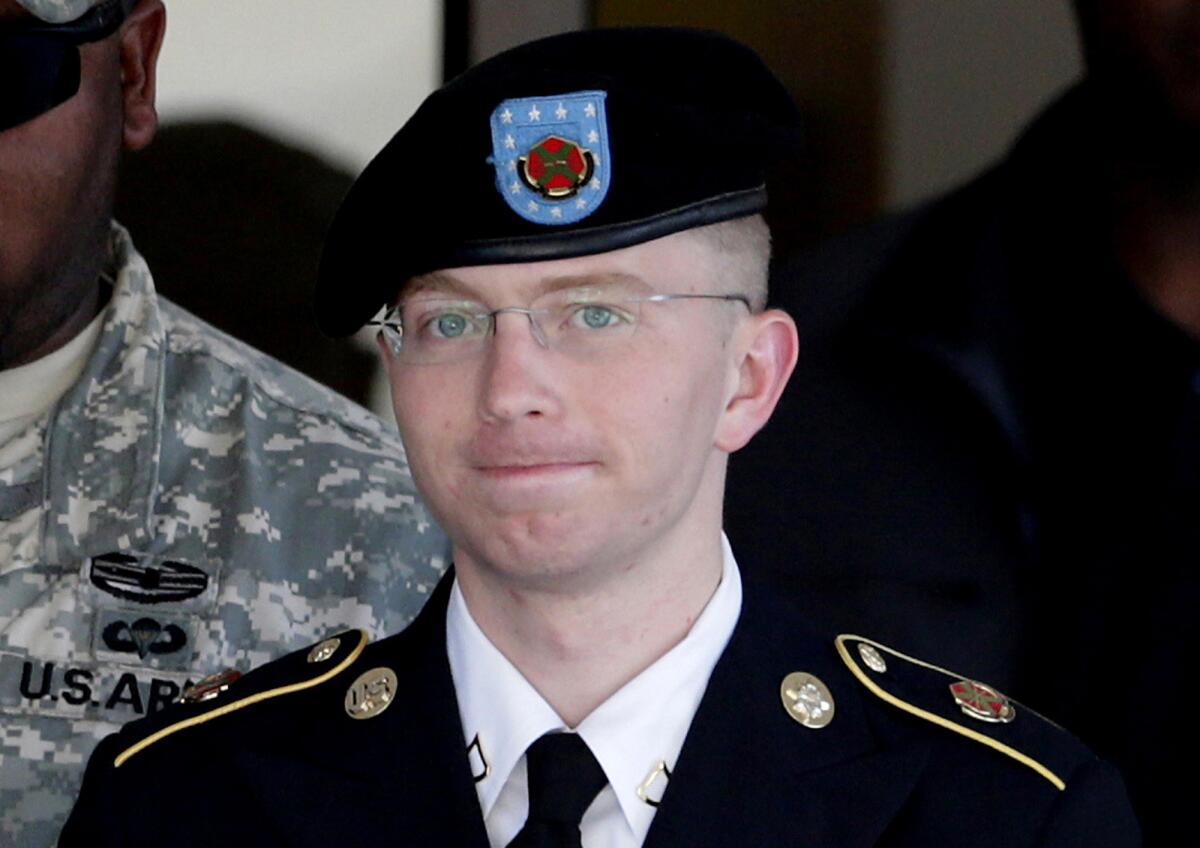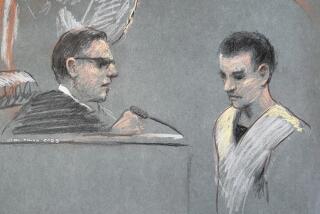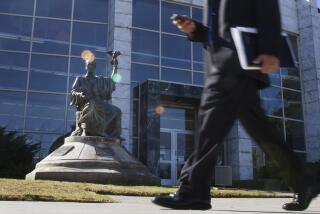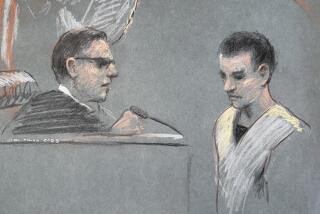A WikiLeaks way out

Prosecutors must prove that Pfc. Bradley Manning “had reason to believe” that the classified material he provided to WikiLeaks would harm the nation, a military judge ruled Wednesday — offering the Pentagon and the Obama administration an opportunity to bring an end to a prosecution that has become an exercise in overkill.
Manning, the 25-year-old former intelligence analyst in Iraq, pleaded guilty in February to 10 charges, including possessing classified information and transferring it to an unauthorized person. The plea alone could subject him to 20 years in prison, but the government wasn’t satisfied. It continues to charge him with multiple violations of the Espionage Act and of “aiding the enemy.” Conviction on the more serious charges could put him in prison for life.
To Manning’s supporters, he is a valiant whistle-blower; they often cite the video of a 2007 Apache helicopter attack that killed 12 civilians in Baghdad that Manning provided to WikiLeaks. His detractors argue that his actions sprang as much from personal problems as from altruism and that his indiscriminate document dump went way beyond identifying war crimes, undermining national security and the conduct of diplomacy.
Even if Manning was engaged in principled civil disobedience, he must face the consequences that await anyone who violates the law in a supposedly higher cause. But the current charges against him go too far.
In arguing that Manning aided the enemy, the government’s case apparently will rest on the assertion that some WikiLeaks material made its way to a digital device found in the possession of Osama bin Laden. This is an ominously broad interpretation. By the government’s logic, the New York Times could be accused of aiding the enemy if Bin Laden possessed a copy of the newspaper that included the WikiLeaks material it published.
As for the Espionage Act charges, the judge, Col. Denise Lind, ruled that the prosecution must prove that Manning had “reason to believe” that providing computer files to WikiLeaks would harm the nation; it wouldn’t be enough simply to show that he knew he was disclosing classified information. Whether this ruling would make conviction of Manning significantly harder isn’t clear. But it could make it easier for the government to announce that pursuing the additional charges wouldn’t be productive — a graceful exit that would still leave Manning facing considerable time in prison.
More to Read
A cure for the common opinion
Get thought-provoking perspectives with our weekly newsletter.
You may occasionally receive promotional content from the Los Angeles Times.










